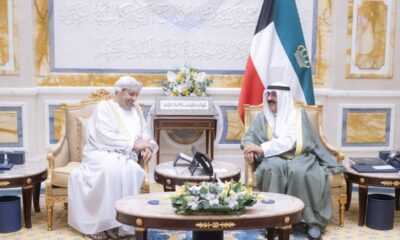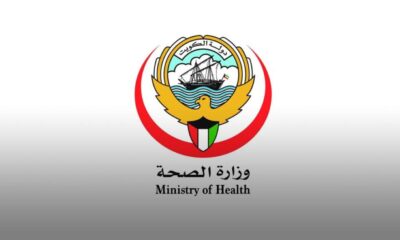KUWAIT: Kuwait University, represented by the Academic Advising Department at the Deanship of Student Affairs, organized an orientation forum for new students for the academic year (2025-2026) on Tuesday, under the title “Towards a Distinguished University Journey” at the Conference Center in Sabah Al-Salem University City.
“The entry of students into the university not only represents a transition from one educational stage to another, but rather the beginning of a journey filled with opportunities, challenges, and experiences that will contribute to shaping their professional future,” said Dean of Student Affairs Dr Jassim Al-Hamdan.
Al-Hamdan explained to the students that “university life is not just about lectures and exams, but rather a comprehensive experience that refines personality, builds relationships, and nurtures energies.” He urged them to find balance between studying, participating in university and volunteer activities, discovering themselves, and taking care of their physical and mental health.
He emphasized the importance of students taking the initiative to ask questions and seek clarification when needed to understand their rights and duties, and to review university regulations to ensure they are aware of what is expected of them. Al-Hamdan also highlighted the benefits of utilizing the services and centers provided by the university in academic, social, and psychological fields, noting that the university’s doors are always open to listen to them and support them in their various needs.
KUWAIT: Students explore services offered by Kuwait University’s various departments during an orientation forum held on August 12, 2025. — Photos by Yasser Al-Zayyat
Mashael Al-Failakawi, Supervisor of the Academic Guidance Department at the Deanship of Student Affairs at Kuwait University, said the annual forum aims to be an enlightening meeting that introduces new students to the services provided by the deanship and explains key terms that students need to know at the beginning of their academic journey.
The forum includes extensive participation from many service and academic entities from Kuwait University in the accompanying exhibition, said Al-Failakawi. which contributes to providing students with information that facilitates their integration into the university environment.
She added that the forum includes various workshops that enrich the experience of new students. Students can also issue their university IDs and conduct necessary medical examinations at the forum, which helps them complete their academic and administrative procedures early in the enrollment process.
One of the services available to all Kuwait University students is the E-Learning Center, which specializes in delivering e-learning solutions. This includes overseeing the implementation and management of the Moodle Learning Management System.
“Used by more than 45 million people in over 160 countries, the platform provides users with access to a large library of educational materials and training courses in various fields such as information technology, business, leadership, and personal development,” said Acting director of the E-Learning Center Huda Al-Omani.
She added that the university has long invested in expanding and restructuring the E-Learning Center to strengthen its role in supporting digital education and fostering skill development.


















